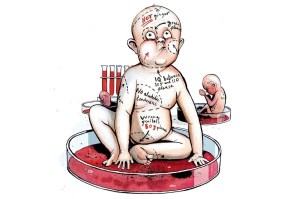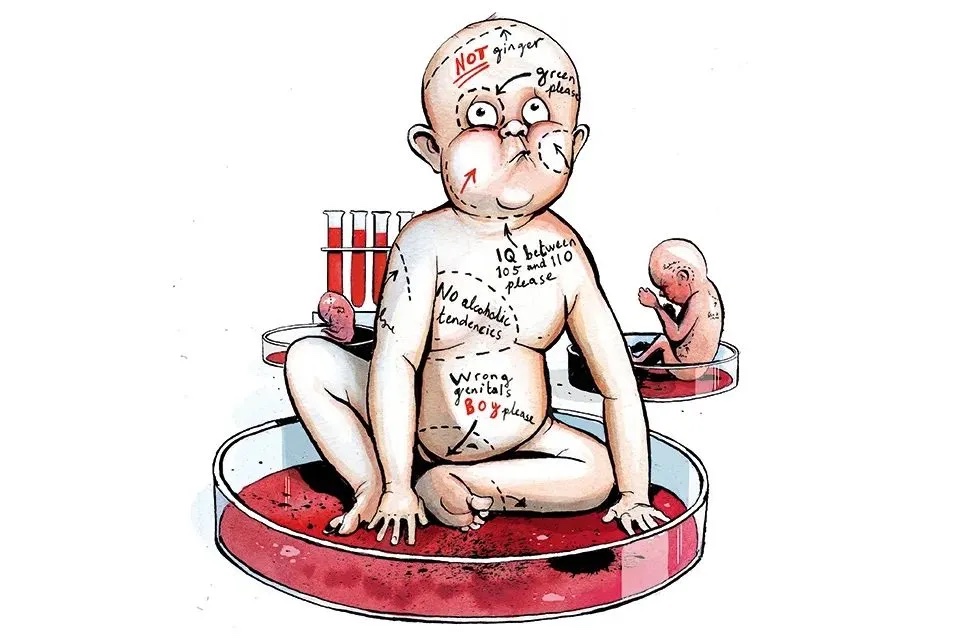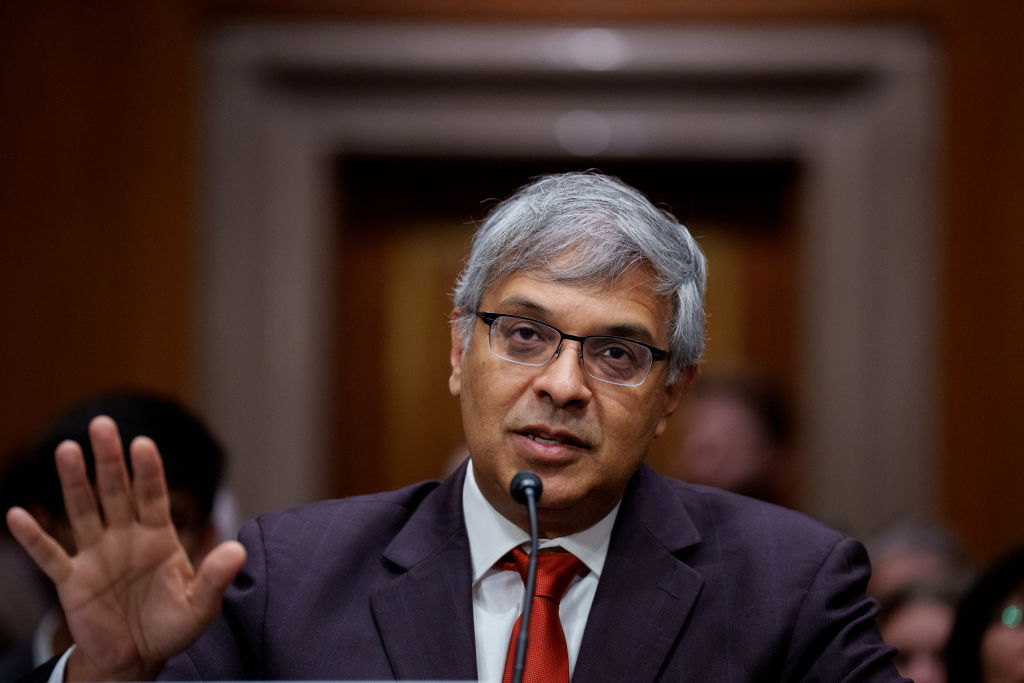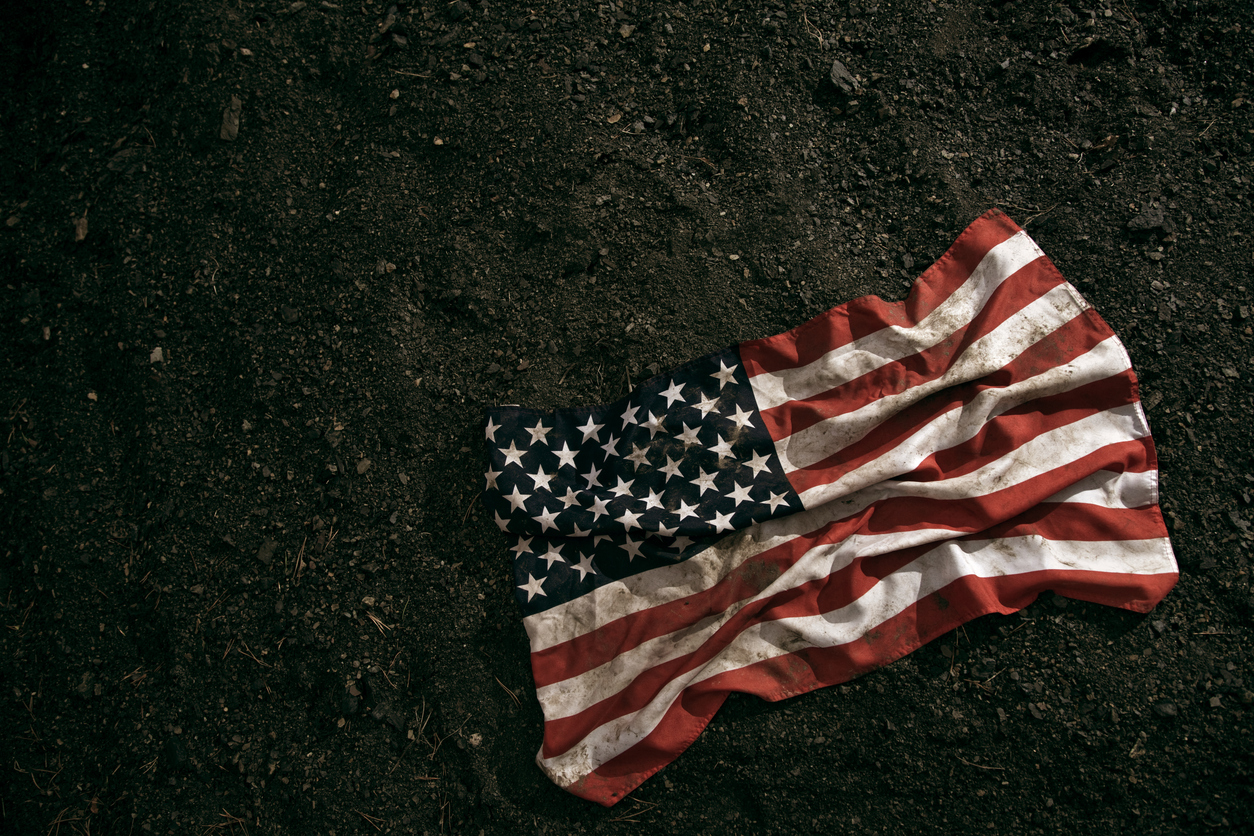Are you ready for some football? The Big Ten college football conference may be gearing up soon — according to ESPN, a group of the conference’s college presidents may vote as early as today on when and how to start the fall season. It’s welcome news for fans, players, and coaches embittered by the conference’s decision in early August to delay the season indefinitely.
Ohio attorney general Dave Yost told The Spectator during an interview Friday that the Big Ten could be looking at a lawsuit if the situation isn’t resolved. Yost questioned if the Big Ten even had the authority to make a conference-wide decision on the fall sports season, pointing out that it is now the ‘league’s position’ to stop schools from creating their own schedules to fill the gap.
‘Every contract has an implied covenant of dealing in good faith. The cancellation of the season in general, but very specifically preventing Ohio State or the other schools that are willing to play from playing is unreasonable and arbitrary, and it’s not dealing in good faith,’ Yost said.
‘There’s also a question of whether there might be a claim for tortious interference with business relationships,’ he added.
Ohio State University stands to lose tens of millions — if not close to a hundred million — of dollars in revenue if talks fall apart and the season stays canceled. This would have ripple effects on other fall sports programs and the Ohio economy more generally.
‘Basically all of the collegiate sports at Ohio State, other than basketball, are supported by football revenue stream. So men’s sports and women’s sports: soccer, rugby, lacrosse, swimming, gymnastics, you name it, a long panoply. So this affects every student athlete at Ohio State,’ Yost explained.
For business owners struggling with the economic shutdown due to the coronavirus, the loss of the football season could be the final straw that causes them to lose their business, Yost said:
‘Ohio State football is a big economic driver. We sell hotel rooms. We have people buying merchandise and paying taxes here and buying meals and beverages. All that’s gone without a season. And not to mention the watch parties that happen. People go to their local watering hole to watch the game with some friends. You know, that’s not going to happen if the game’s not on TV. So we’ve got a lot of small business owners that are right on the edge in terms of financial solvency. And it’s not inconceivable at all with some of them are going to be pushed over the edge if there’s no football season, right?’
Ohio State University has declined to say if it would be interested in suing the Big 10, but Yost told the Columbus Dispatch on Wednesday that his office will be putting together a case and is prepared to represent the school. OSU head coach Ryan Day has previously blasted the Big Ten for its lack of transparency and communication after the initial vote to delay the season.
***
Get a digital subscription to The Spectator.
Try a month free, then just $3.99 a month
***
Nebraska attorney general Doug Peterson is also putting legal pressure on the Big Ten. He sent commissioner Kevin Warren a letter this week questioning if the conference has proper non-profit status in the state and if its decision to postpone the fall sports season was done in accordance with Nebraska law.
Perhaps the biggest sting for players sitting on the sidelines is watching other conferences, such as the SEC and the ACC, start their seasons. Both conferences chose to allow players to opt out of playing this year if they felt unsafe rather than make an overarching decision for every team.
‘It really goes to the question of: how reasonable is it to insist that nobody gets to play in the league if somebody wants to opt out because of what their perceived perception of the risk is?’ Yost said.

























